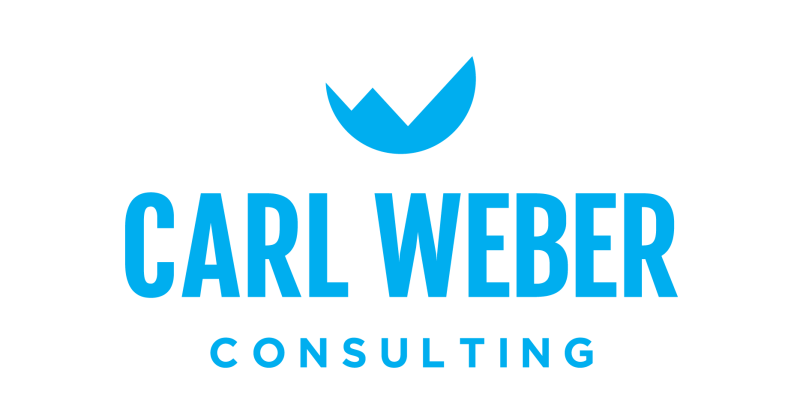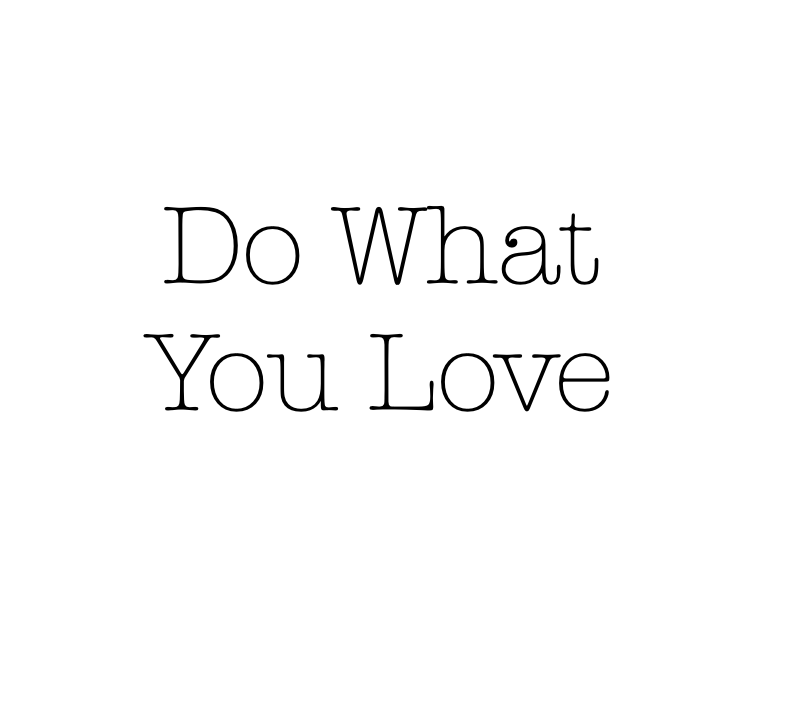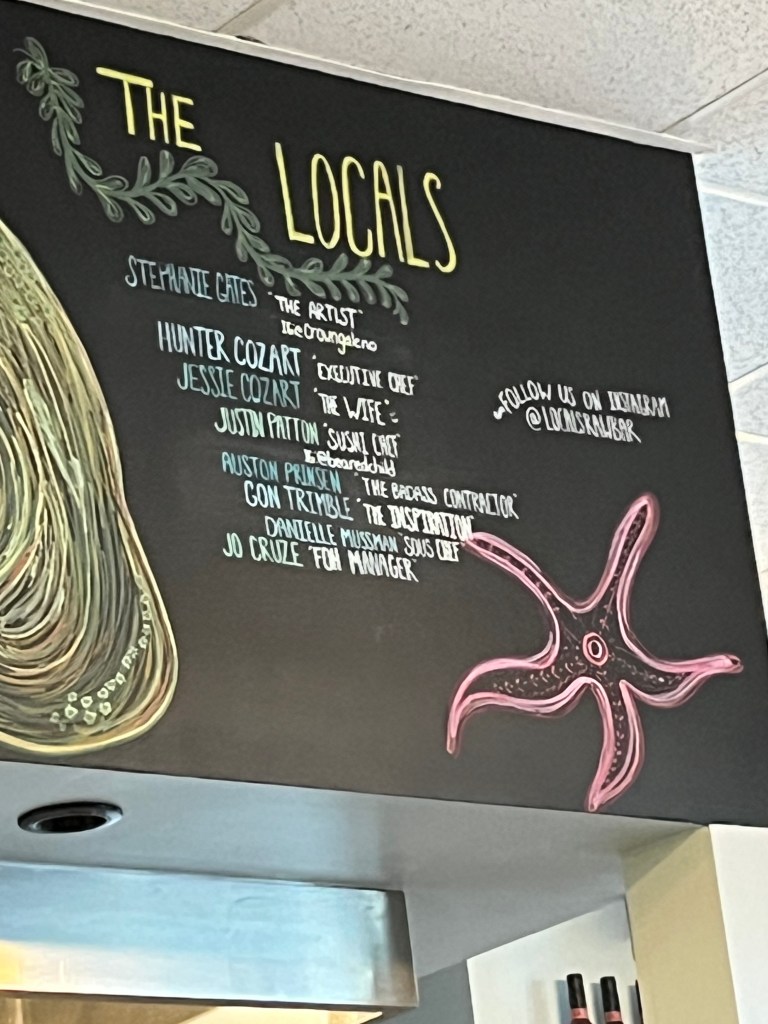

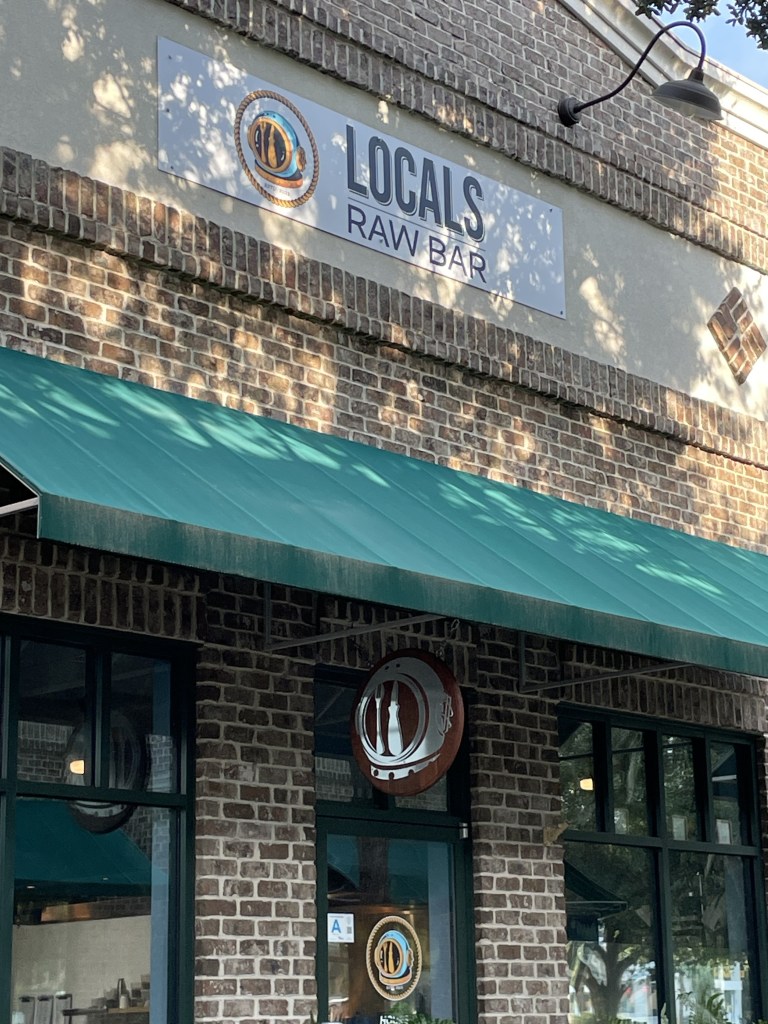



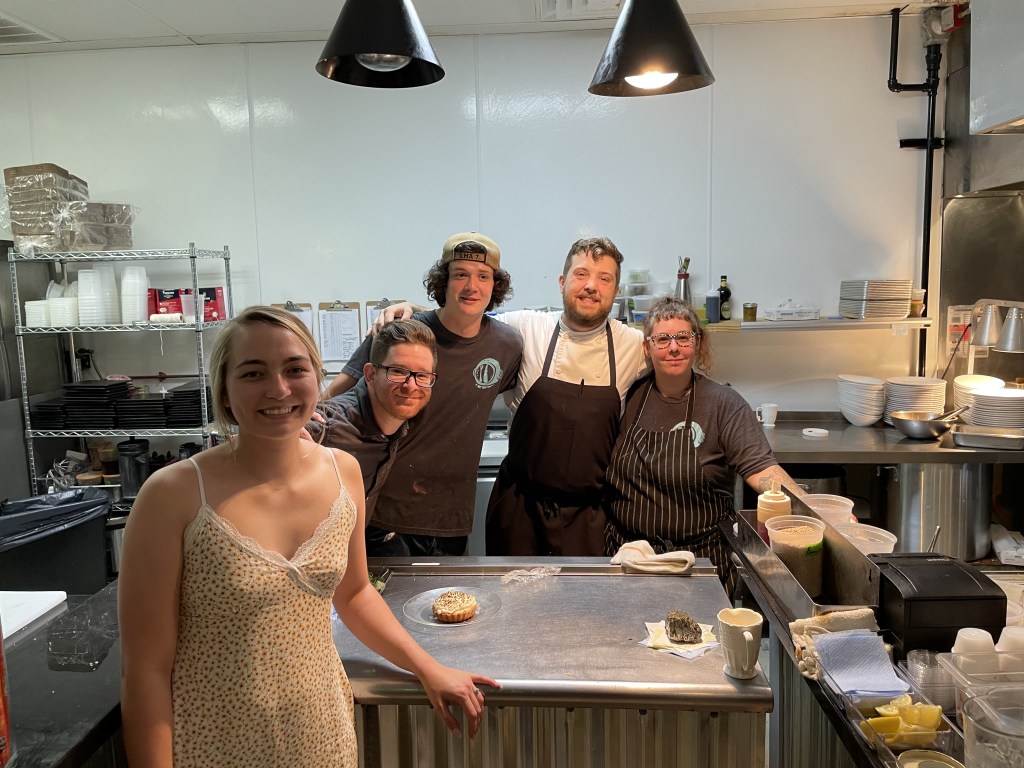
Jessie Cozart, Justin Patton, Christopher Roberts, Hunter Cozart, and Danielle Mussman.
The “Magic” behind Local’s Raw Bar
https://www.facebook.com/people/Locals-Raw-Bar/100091781995548/
I’m in the middle of preparing a talk for an upcoming leadership program.
I have presented before this group before, but they are looking for something different.
Something new.
Something fresh.
In my little notebook I sketched out the talk. Ideas that would challenge them on the impact that Culture has on recruitment, retention, and productivity.
I could already hear the opposition.
“You don’t understand the constraints we have.”
“This is how we were treated and trained.”
“In this industry, we cannot change the way things are.”
I needed an example, but serious writers block set in.
Lunch seemed like the appropriate remedy.
I wanted something different, and did a little search.
We arrived, but it was closed. I neglected to check the hours and the fact that a few days a week they are “out fishing.”
Hunter greeted us at the door. It was his place, and he was excited to tell us about the food, and the fish that was coming in the following day. We made plans to return (when it was open).
We sat at the bar. We could see everything happening in the kitchen.
The greeting, seating, chopping, slicing, sushi rolling, frying, mixing, plating, and serving.
Something was different.
There was flow.
There was timing.
There was fun.
There were minor adjustments.
There was respect.
Everyone had a part to play.
Everyone was part of this team.
The mezmerizing symphony played out before our eyes.
The food was amazing, but the culture was just as memorable.
We returned a second time.
They remembered us and greeted us.
The cultural symphony played again.
We returned again. Third time in a week is a charm right?
This time I had to ask.
I had to understand why this was so different.
Jessie came over and gave us some of their story.
Young local couple works in a high end restaurant in a big City.
They learn lots of skills, but see the culture: big egos, yelling, disrespect and negative Culture.
They move to another City, another high end restaurant.
More Skills.
More of the same Culture.
They decide to make a change.
They move back home.
They start something new.
They leverage their skills, but decide to create a different Culture.
Respect, Fun, and Passion.
Something new.
Something fresh.
Exactly the example I needed.
It takes courage to go against the Culture of your industry.
It takes courage to try something new.
How can you be Decidedly Different with your workplace Culture?
How can you leverage the skills, but have the courage to abandon the negative parts that don’t serve you or your staff?
Based on the crowds on our fourth visit, I would say it is well worth the risk.
